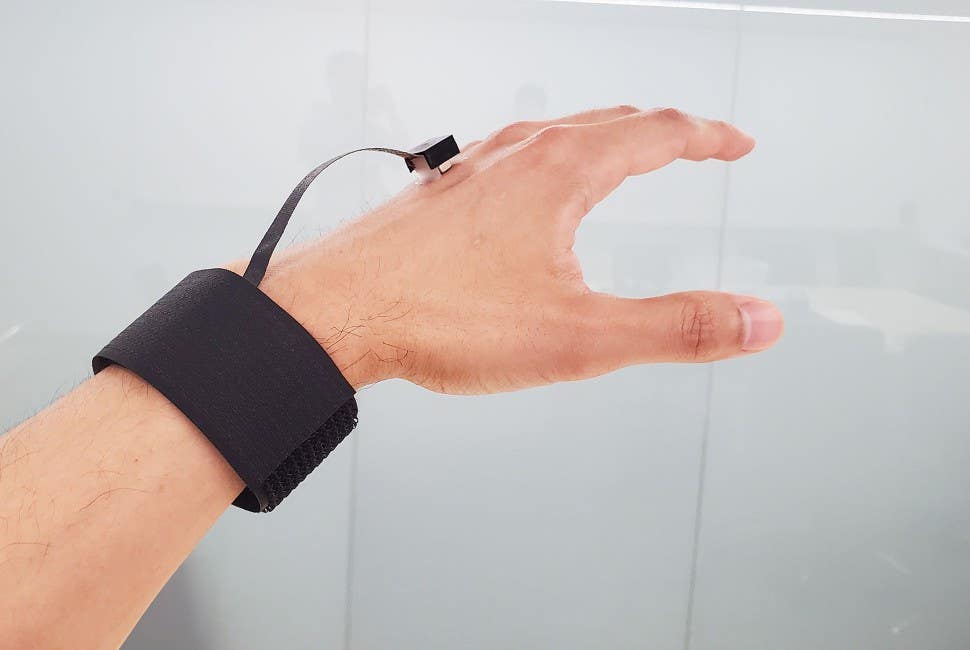A daily walk can cut the risk of developing dementia by over 50%
Taking a more spirited approach and walking briskly — defined as more than 40 steps per minute — brings even better results.

[Sept 12, 2022: Staff Writer, The Brighter Side of News]
Taking a more spirited approach and walking briskly — defined as more than 40 steps per minute — brings even better results, dropping dementia risk by 57%. (CREDIT: Creative Commons)
New research suggests that walking each day is not only good for your heart and lungs but surprisingly your brain as well.
In a study published in JAMA Neurology, a journal of the American Medical Association, people aged 40 to 79 who walked 9,826 steps each day were 50% less likely to develop dementia.
While exercise and maintaining a healthy diet have long been touted as ways to lower one’s risk factors, the study, out of Denmark, breaks down just how much walking (and at what speed) can have an impact down the line.
Approximately 78,000 people aged 40-79 wearing wrist accelerometers were analyzed in the study. Participants' total steps walked per day were tallied, and then, seven years later, dementia diagnoses (of any type) were analyzed.
Researchers controlled for age, ethnicity, education, socioeconomic status, and gender and excluded poor diet, alcohol use, smoking, history of cardiovascular disease, medications, and sleep problems.
Related Stories
Researchers found that those who take 9,826 steps or more a day are 50% less likely to be diagnosed with dementia. Even taking just 3,800 steps every day reduced the risk of developing the disease by 25%.
And taking a more spirited approach and walking briskly — defined as more than 40 steps per minute — brings even better results, dropping dementia risk by 57%.
The largest decline in dementia risk resulted from walking at a very brisk pace of 112 steps per minute, 30 minutes a day. Such a regimen lowered the risk of dementia by 62%.
Lead study author Borja del Pozo Cruz — of the Center for Active and Healthy Ageing at the University of Southern Denmark — says:
Flow Diagram of Study Participants. (CREDIT: JAMA Neurology)
“In fact, it is a message that doctors could use to motivate very sedentary older adults — 4K steps is very doable by many, even those that are less fit or do not feel very motivated. Perhaps, more active and fitter individuals should aim for 10K, where we see maximum effects.”
“Our take is that intensity of stepping matters! Over and above volume,” del Pozo Cruz added. The findings are particularly noteworthy given that a study of over 16,000 people published this June showed that a decrease in walking speed could signal cognitive decline.
The findings, while significant, can't establish a causal relationship between walking and dementia risk since the study was observational. Moreover, since the study did not account for participants who may have been diagnosed with dementia after the study was conducted, nor did it include clinical cognitive assessments, the prevalence of dementia in the participant pool may be higher than reported.
Still, “the mounting evidence in support of the benefits of physical activity for maintaining optimal brain health can no longer be disregarded,” wrote Alzheimer’s researchers Ozioma Okonkwo and Elizabeth Planalp in an editorial about the study, also published in JAMA Neurology.
This study's findings coincide with a whistleblower's revelation in July that a 2006 study that influenced Alzheimer's drug development and research may have fabricated its results. In this study, it was found that doctored images were used to support the hypothesis that a certain type of amyloid protein caused memory loss and cognitive impairment associated with Alzheimer's.
In light of new research showing a link between covid-19 and certain brain disorders - including dementia - later in life, maintaining a healthy brain has been on many minds lately.
Additionally to the study on walking, a July 2022 study found that, in addition to exercise, a number of everyday activities could significantly reduce dementia risk: performing household chores regularly reduced dementia risk by 21%, and spending time with family and friends on a daily basis reduced dementia risk by 15%.
For those looking for an unconventional way to boost memory, a new study conducted by researchers at Boston University found that electric-current stimulation improved short-term memory recall by 50-65%. The average person, however, would not benefit from that - and more research needs to be done on whether the stimulation would benefit recollection of daily events - so let's stick with brisk walking for now.
For more science and technology stories check out our New Discoveries section at The Brighter Side of News.
Note: Materials provided above by The Brighter Side of News. Content may be edited for style and length.
Like these kind of feel good stories? Get the Brighter Side of News' newsletter.
Joseph Shavit
Head Science News Writer | Communicating Innovation & Discovery
Based in Los Angeles, Joseph Shavit is an accomplished science journalist, head science news writer and co-founder at The Brighter Side of News, where he translates cutting-edge discoveries into compelling stories for a broad audience. With a strong background spanning science, business, product management, media leadership, and entrepreneurship, Joseph brings a unique perspective to science communication. His expertise allows him to uncover the intersection of technological advancements and market potential, shedding light on how groundbreaking research evolves into transformative products and industries.



